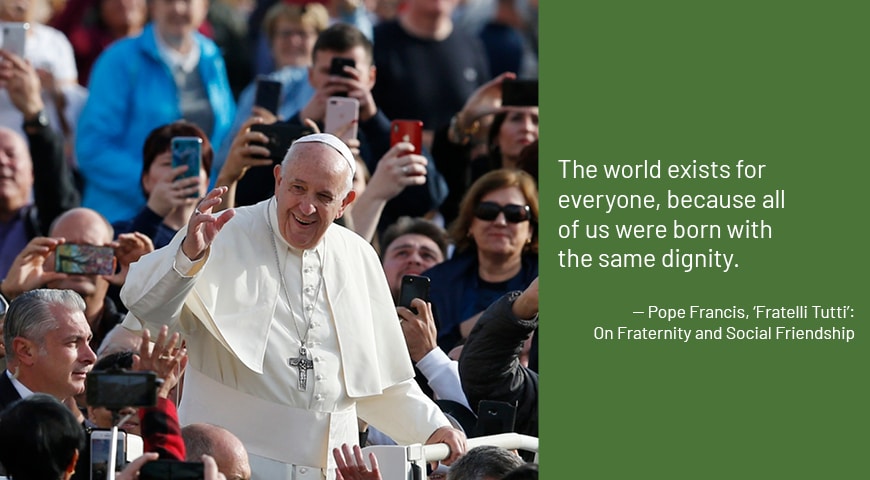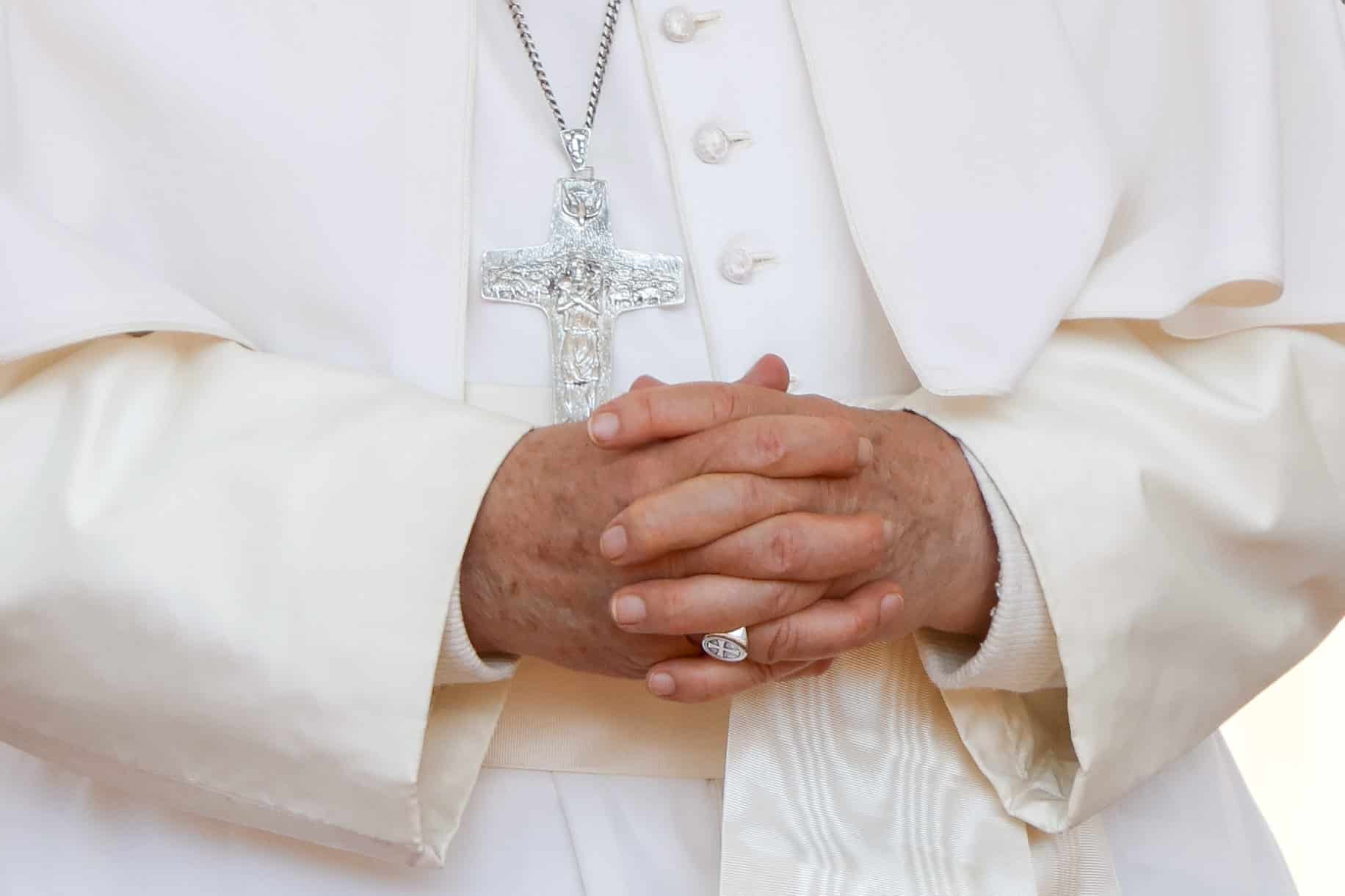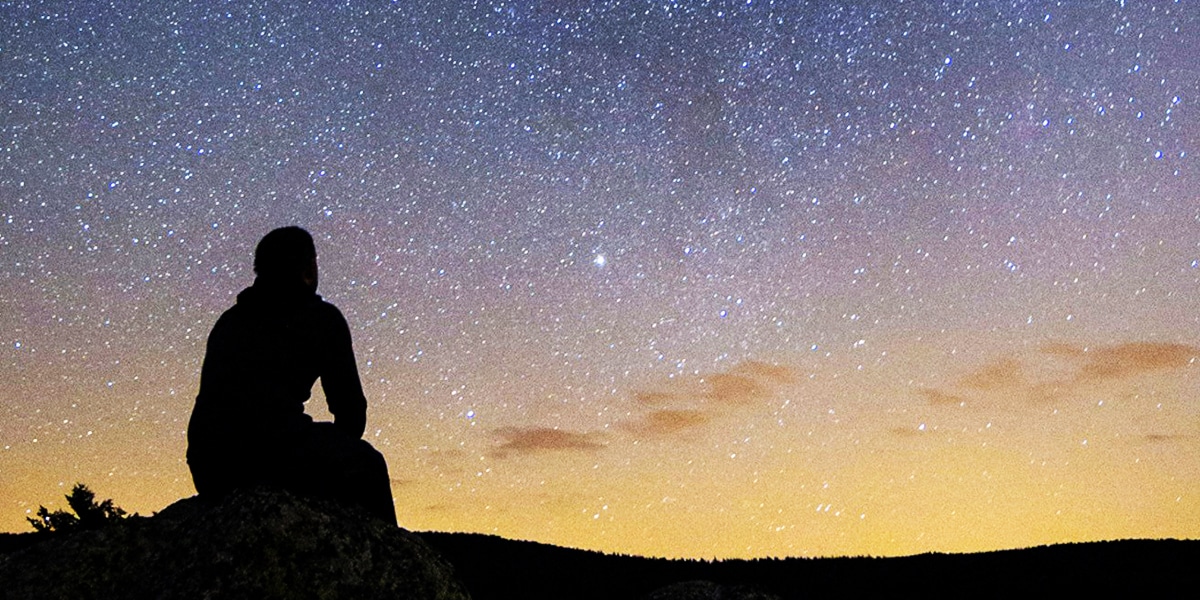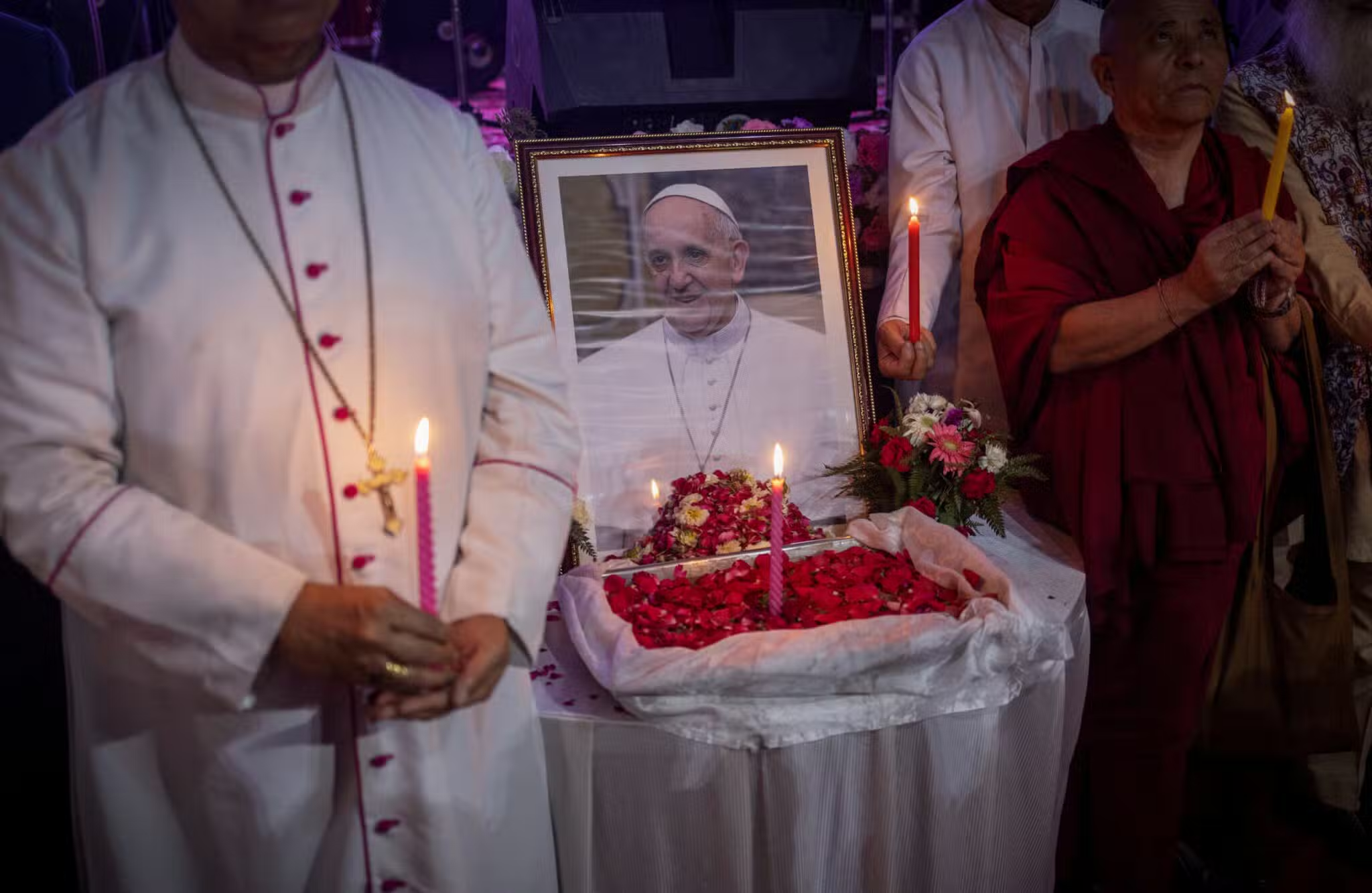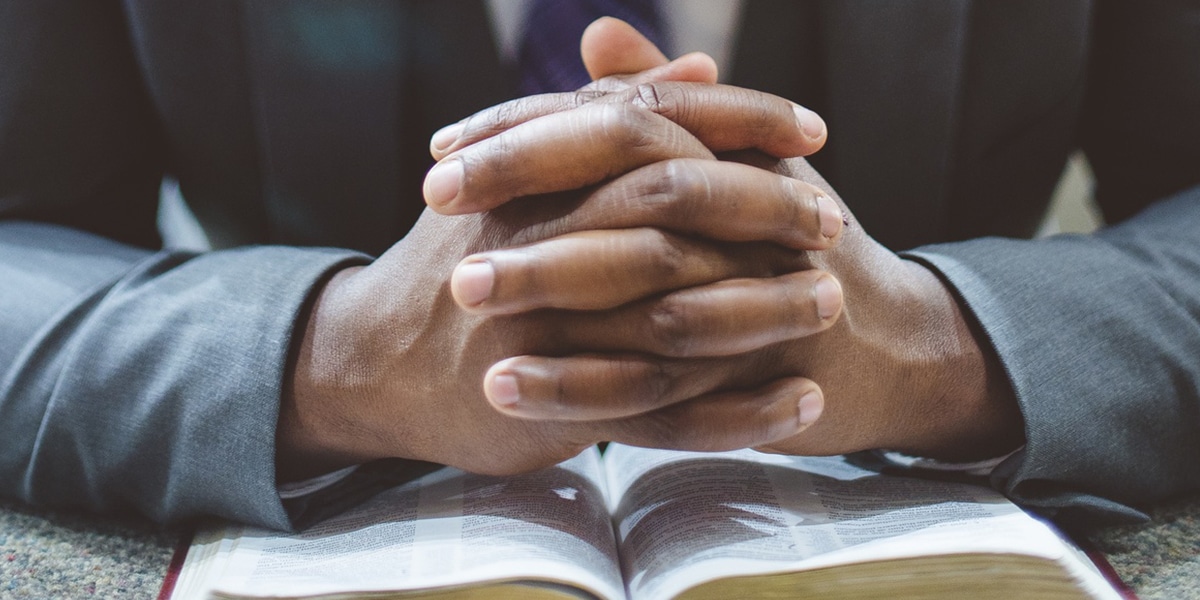When we consider what humans have done to our environment, a Franciscan heart should cry! Thinking of the beauty of Francis’ Canticle of Creation and then seeing in the media, rivers of plastic, pristine beaches covered with oil, and dying wildlife—all this leaves a hole in my heart. It seems to me that social friendship and care for our common home would be much improved if we had better ecumenical and interfaith relations. Why do I suppose that this would be true? Simply because all of the world’s religions have transcendent values that are not self orientated but directed to the other and to the divine.
Pope Francis citing the Abu Dhabi statement on Human fraternity for world peace and living together reaffirms that “among the most important causes of the crises of the modern world are a desensitized human conscience, a distancing from religious values and the prevailing individualism accompanied by materialistic philosophies that deify the human person and introduce worldly and material values in place of supreme and transcendental principles” (275). It will be these values that allow our relationships as Christians with other Christians and with other religions not to be bracketed as not being referent to what is happening in the world today.
These transcendent principles allow us to actively engage in the “political dimension of life itself, which involves a constant attention to the common good and a concern for integral human development. The Church ‘has a public role over and above her charitable and educational activities.’ She works for ‘the advancement of humanity and of universal fraternity’” (Caritas in veritate 11).
For centuries, all religions pledge this advancement of humanity and social friendship. If we were to improve our interreligious relationships and advance our ecumenical mandate, religion would not be seen as a parentheses to the finding of a solution to the crises that we are facing today in terms of the environment and social justice issues, but rather as a key player in finding the answer to overcoming the degradation of the world in which we live and the decay of human civility and non respect of the other.
Social friendship, as the pope proposes, is based on the principles of the common good for each and every person and for the environment in which we live and move and have our being.
Religious convictions about the sacred meaning of human life permit us “to recognize the fundamental values of our common humanity, values in the name of which we can and must cooperate, build and dialogue, pardon and grow; this will allow different voices to unite in creating a melody of sublime nobility and beauty, instead of fanatical cries of hatred” (283).
The eighth chapter of the letter of Pope Francis brings together in a wonderful synthesis what is at the heart of being “Fratelli Tutti” to each other. It is the will be authentically what we are called to be as the crowning part of God’s creative activity: true collaborators in the act of creation, sustainers of the fragile gift that has been entrusted into our hands, and the promoters of the bond of peace that is the very identity of God.
As Christians “we recognize with sorrow that the process of globalization still lacks the prophetic and spiritual contribution of unity among Christians. This notwithstanding, ‘even as we make this journey towards full communion, we already have the duty to offer common witness to the love of God for all people by working together in the service of humanity’” (280).
As members of religions we are “challenged to return to our sources, in order to concentrate on what is essential: worship of God and love for our neighbor, lest some of our teachings, taken out of context, end up feeding forms of contempt, hatred, xenophobia, or negation of others. The truth is that violence has no basis in our fundamental religious convictions, but only in their distortion” (282).
The takeaway from this last chapter of “Fratelli Tutti” is a great challenge to all of us. On the pilgrimage of life in this universe, the question of our coherence is put to us. The religious values that are represented in each religion need to become authentically part of who we are as humans—brothers/sisters to each other—and they need to be put into practice in a coherent and stable fashion—not picking the ones we want to practice but maintaining the unity of these values in their entirety.
Pope Francis’ prayer to the Creator concludes thus:
May our hearts be open
to all the peoples and nations of the earth.
May we recognize the goodness and beauty
that you have sown in each of us,
and thus forge bonds of unity, common projects,
and shared dreams. Amen.
May this prayer be realized as we walk together, work together, and pray together at the service of fraternity in the world.

